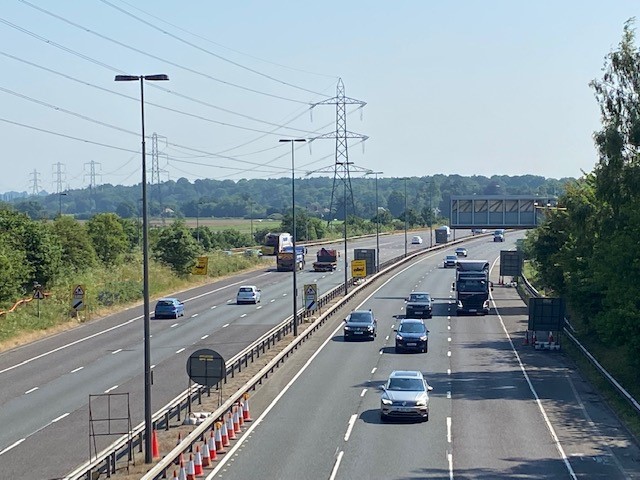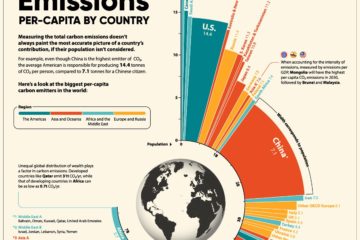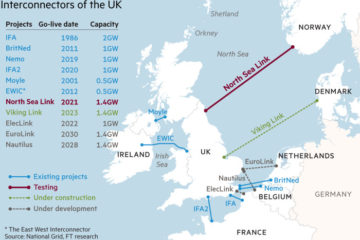The UK Government is following a road map to net zero carbon emissions by 2050. This plan anticipates a prohibition on the sale of new internal combustion engine vehicles in the UK by 2035.
This will mean that the UK Government revenue from fuel duty and vehicle excise duty, some £35 billion annually, will not longer be collected. Part of this income was dedicated to road maintenance and part was simply unallocated Government revenue.
As electric vehicles start to dominate mobility in the UK, benefiting air quality and reducing CO2 emissions, some form of new road pricing is expected to fund road maintenance, to limit traffic congestion and to collect revenue for the UK Government.

However, efforts to introduce UK road pricing in the past have been unsuccessful – motorists have been simply unwilling to pay this new charge. Norway, a country with an electric vehicle penetration of up to 80% of new vehicle sales, has seen the rise of an anti-toll political movement in regional elections. This may be a signpost to future UK political debates.
Different road pricing systems have been extensively discussed in the UK over the past two decades. The options include:
| Cordon charging | Charge for each crossing of a cordon defining the charge zone in a city. |
| Area charging | Daily charge for driving into a defined area but no charge for crossing the cordon more than once. |
| Corridor charging | Charges for passing points along a corridor in a city. |
| Variable tolls | Peak charges for already tolled highways and bridges. |
| Tolled lanes | Tolled lane on an un-tolled road with exemptions for high occupancy vehicles. |
| Time-distance-location based charge | Devices to enable charging of any use of the road network. |
Historically, the Greater London Authority has been the most successful UK local government in establishing a congestion charge and an Ultra Low Emission Zone charge. Durham have introduced a congestion charge for a small urban area. Brighton & Hove have designed a Low Emission Zone charge. Nottingham has implemented a Workplace Parking levy to address congestion. However, schemes in Cambridgeshire, Greater Manchester and Edinburgh, mooted in 2008-2010 were blocked after local referendums found no political support. The hope is that times have changed with the urgency of the energy transition.
Other countries face the same dilemma as the United Kingdom. The Netherlands government plans to implement a new road pricing system making car taxes dependent on the annual kilometres drive. The Netherlands motoring association, ANWB, support the concept. The advantage of the system is that it is simple and not costly to introduce, but the downside is that traffic congestion is not solved.
The planned Netherlands road pricing system may be the way forward for the United Kingdom.

